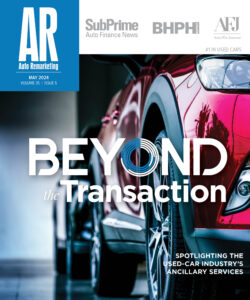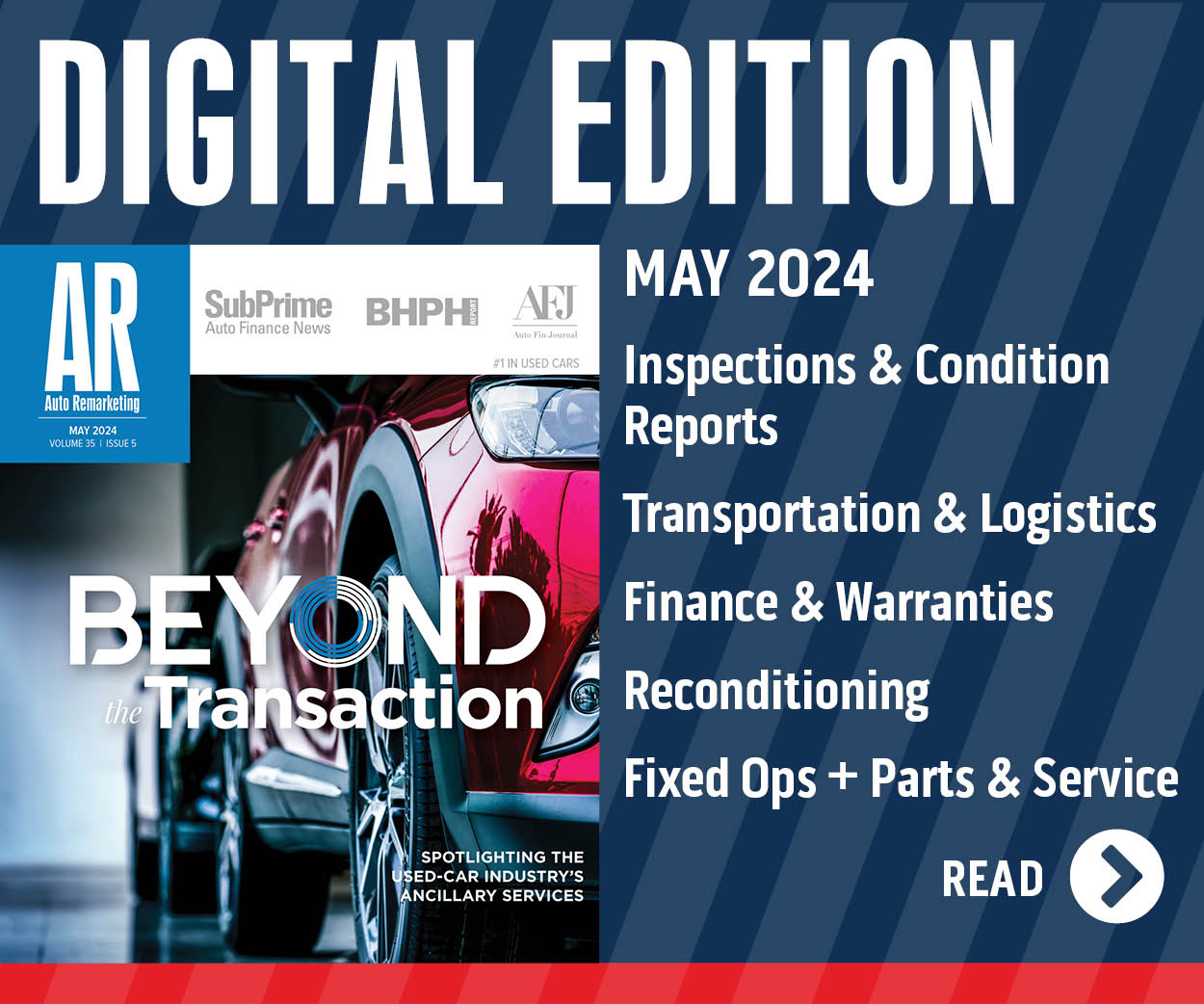Dealers Learn to Spot Potential Repos Early
WALNUT RIDGE, Ark. — Veteran executives in the buy-here, pay-here industry sometimes can sense if vehicle repossession is on the horizon. And knowing when to repossess is vital to offsetting and lessening the high risk that comes with being in the BHPH business.
For instance, Fran Cavenaugh found that keeping close track of a customer's payment behavior within the first six months is crucial to mitigating losses when repossession becomes necessary.
"They set a pattern for you for the most part," explained Cavenaugh, who is chief financial officer of the Cavenaugh Auto Group, a company based in Walnut Ridge, Ark., that's operated franchise stores since the late 1970s and ventured into the BHPH industry in 1993.
"Within the first six months of that contract, if they don't perform and it's just one problem after another, they can't make payments, can't keep their promises, one issue after another, we'll repossess the vehicle when they're in default," Cavenaugh continued. "We have found that if you repossess the vehicle as early as they've demonstrated they won't or can't pay, then our collateral is worth more."
The formula has worked well enough for the group that Cavenaugh indicated that current repossessions are little bit below the level seen in the last couple of years. She attributed a local economy in northeast Arkansas that's remained a little bit more stable than in other parts of the country as one factor. The other elements are closely monitoring payments at the outset of the contract as well as working with customers if a rough financial patch comes up.
"We are seeing customers not so much losing their jobs; they're getting their hours cut," Cavenaugh shared. "We're working with those customers to keep them in the vehicle. If we're having to carry them past due but we know they're able to catch the payments up, we can do things like that."
"The vast majority of these customers are honest, hard working people who live paycheck to paycheck and don't know how to manage money," she continued. "That's why they're in the predicament they're in."
Wanting to capture more subprime customers is why Joe Cooper Ford decided to open BHPH dealerships three years ago. Chief operating officer C.W. Evans noted that the company's five Ford stores spread out throughout Oklahoma City and Tulsa, Okla., already worked with plenty of subprime customers, but some still had to be turned away.
However, now the two new operations of Joe Cooper Easy Credit Auto are able to work solely with credit-challenged customers. The company utilizes many of the same business principles that govern its franchise rooftops. A significant part of the group's business plan is dedicated to managing repossessions.
"We didn't forget that part of it when we did it (rolled these stores out). We budgeted for 25 percent repossessions," Evans revealed.
So far, the operation has kept repos below that percentage.
"We have a lot stricter guidelines for what they make and what they can buy," Evans said.
Ken Shilson applauds dealer executives such as Cavenaugh and Evans for keeping up with repossessions as an important component to keeping a BHPH dealership from falling into the same financial hardship as their customers.
"There's a saying I found when I first starting learning this business," said Shilson, founder of the National Alliance of Buy-Here, Pay-Here Dealers and president of Subprime Analytics.
"Every customer in the buy-here, pay-here business has one advantage over the operator that's selling them the vehicle," Shilson continued. "It's they know they're not going to pay you before you do. So it's a foot race to recover your collateral and mitigate the loss."
What's also helped BHPH dealers mitigate losses is a growing trend of voluntary repossessions. In his recent analysis, Shilson found that voluntary repossession constitute the fastest growing segment of repos in 2009. The worst recession in recent memory forced many customers into situations unforeseen when they entered into the contract.
"The reason for that is maybe they were working a job that when the purchased the car they had a lot of overtime or a lot of other income that was coming in an addition to their regular salary. They either lost that opportunity or they had that other income cut out. All of a sudden, they couldn't make all of the payments and make their bills work," Shilson explained.
Shilson cautions that as painful as repossession might be for a customer, it is a tool that a dealer must use when necessary rather than continually extending contracts and waiting for payments to come.
"The decision to repossess a vehicle or the decision to extend or modify (due dates) requires professional judgment. I don't minimize that at all," Shilson pointed out.
"But a lot of that professional judgment is based on a gathering of all the facts, a literal re-underwriting of that customer at the time of that decision," he continued.
"If that customer really thinks he can resolve the default, then I think a re-underwriting needs to take place," Shilson added. "But I'm against recurring deferral of payments without cash coming in. Your collateral is not increasing in value. It's decreasing. To let a guy drive for free and let him drive it into the ground, just increases your losses."

 View The Latest Edition
View The Latest Edition

